Menu
Close
In the midst of Haiti’s struggles against natural disasters and political unrest lurks the formidable foe of disaster capitalism. Exploiting twin threats and often under a cloak of aid, foreign interests capitalize instability to exploit Haitian land for resource extraction, while the Haitian peasantry fights their government for access to farm land and food security.
Local organizations like ICKL and Tèt Kole defy this tide, uniting voices for justice and food sovereignty amidst a complex web of challenges.
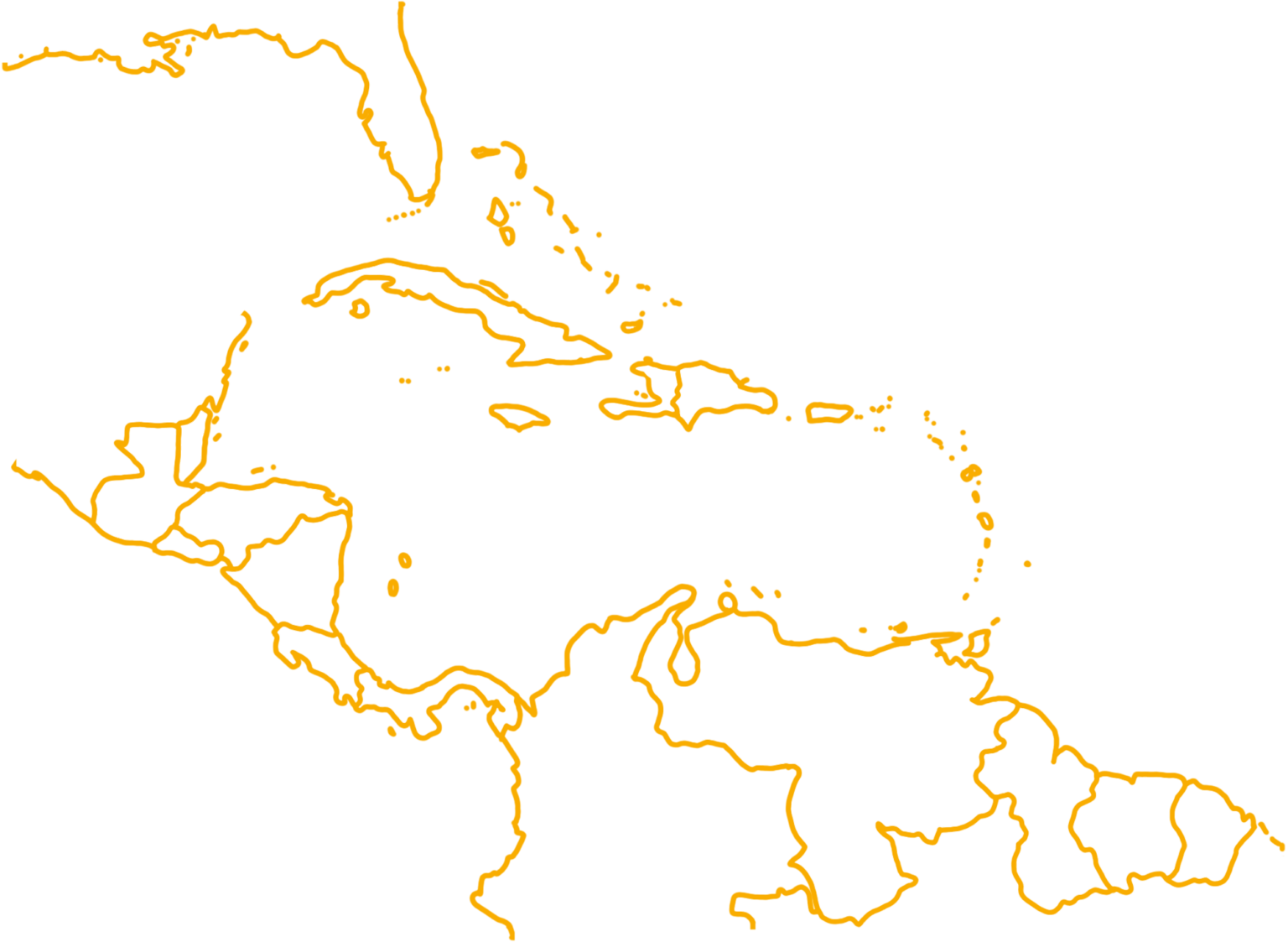
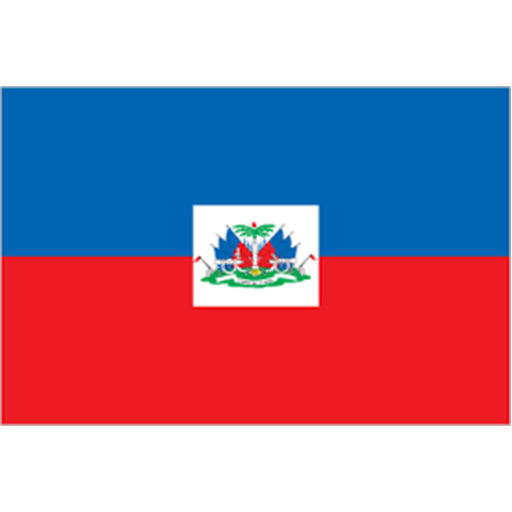
Tèt Kole Ti Peyizan Ayisyen (Heads Together Small Producers of Haiti) is one of Haiti’s two national peasant farmer movements. It was born in 1970 under the Duvalier dictatorship and has faced violence at the hands of large landowners.
Stronger Projects:
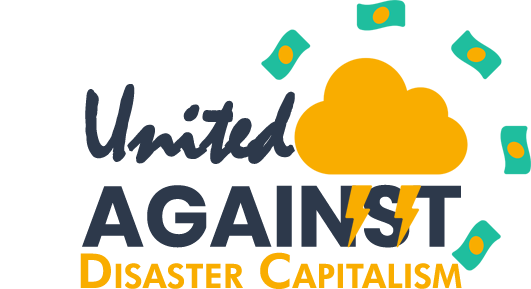 |
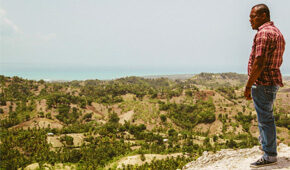
Access to land has emerged as a pivotal issue in Haiti’s current crisis. Since 2012, governmental actions have intensified the struggle for land access, favoring multinational organizations over the peasantry. This strategy hinges on creating economic zones to lure investors, but it comes at a cost: the dispossession of farmers and a growing outcry from the public. Amid this backdrop, the concept of food sovereignty takes center stage.
Neoliberal policies and urbanization have disrupted the fabric of peasant agriculture, pushing farmers away from their ancestral lands and igniting a fight for both food and political sovereignty.
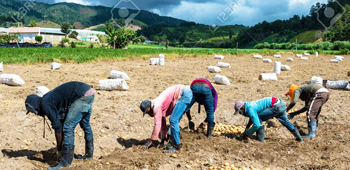
The tale of Haiti’s past, present, and future unfolds with Pierre’s words. Foreign intervention has often fractured Haiti’s efforts at coalition building, yet today, unity prevails. The Montana Accord, a collaborative effort by Haitian political and civil society groups, strives to address internal issues and prioritize Haitians’ perspectives and livelihoods.
However, the struggle is far from over. Media bias distorts international perceptions of Haiti, distracting from the country’s true needs and enabling wealth extraction. Pierre pulls back the curtain on gun violence, revealing that arms flow into Haiti from external sources. The very tools of destruction are imposed from without, a harrowing reality that underscores the need for global solidarity.
Haiti, a country whose contributions to climate change emissions are minor, beseeches the world for support in adapting to the evolving climate. But the challenges aren’t just environmental. Government officials, un-elected yet powerful, prioritize tourism over the wellbeing of Haitian peasants, further eroding their rights and lands.
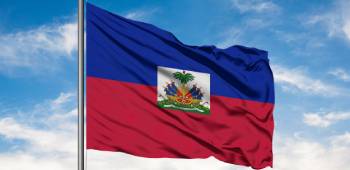
Haiti’s current administration appears fixated on mining and construction. This focus on mining has garnered support from imperialist countries like France, the US, and Canada, but raise obvious concerns about the true beneficiaries of these ventures. Amidst political instability, gangs have seized lands from farmers, perpetuating a cycle of violence and dispossession that will affect generations.
Historical echoes resonate in today’s battles. ICKL members recount a chilling tale of farmer associations being jailed for defending their lands and rights. The intricate web of politics and power play has historically victimized the peasantry, and while many still engage in the fight, the current national government’s stance presents challenges.
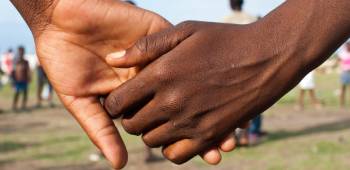
As the sun sets over Haiti’s hills, the resilience of its people shines through. Amidst multinational interests, political upheaval, and global challenges, the voices of ICKL and Tèt Kole rise, amplifying the plight of the Haitian peasantry. It’s a call to the world, a plea for unity, justice, and a future where the Haitian people stand strong, on the land that has sustained them for generations.
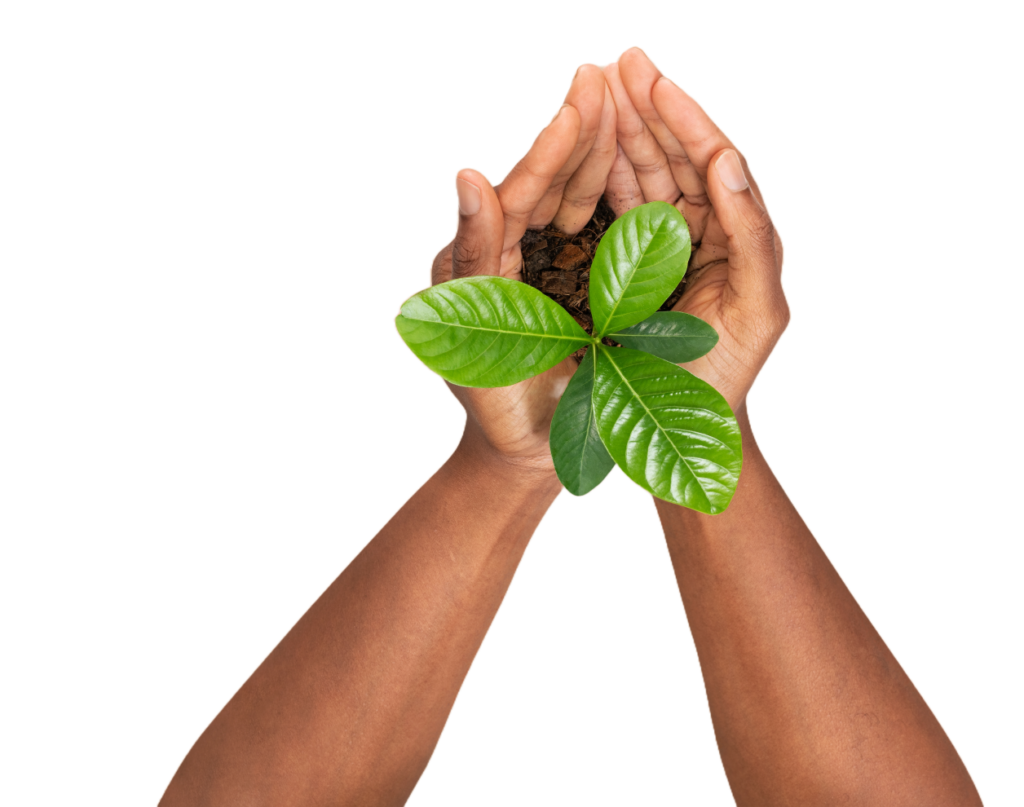

Showcasing stories of Caribbean organizations at the foreground of the struggle against disaster capitalism in the Caribbean. Our network of participants in the Greater Caribbean region connect, learn, share their hands on responses to the impacts of the twin threats of the climate crisis and disaster capitalism in our region.
WAVE (Progressive Reform Movement)
Global Challenges Research Fund
Open Society Foundations
All Rights Reserved – strongercaribbeantogether.org 2022
All Rights Reserved – strongercaribbeantogether.org 2022
In the tumultuous aftermath of disasters, it is easy to feel isolated and alone, but you are not.
We, a network of Caribbean-wide community organizers who stand in solidarity with those affected the twin threats of the climate crises and disaster capitalism, a phenomenon that exacerbates the suffering of vulnerable communities.
We want you to know that your stories matter. We are here to listen, to support, and to amplify your voices.
We believe that together, we can challenge the forces of disaster capitalism and advocate for more sustainable, inclusive and equitable decision-making.
Join us in solidarity. Share your experiences and let’s build strong communities that thrive together.
As the wider world braces for the climate change, Caribbean communities are already struggling with its effects. Small local communities, small scale farmers and coastal communities are disproportionately affected. Political decisions, power dynamics and laws often compound the catastrophes and silence bottom up solutions.
There are ways in which you can help.